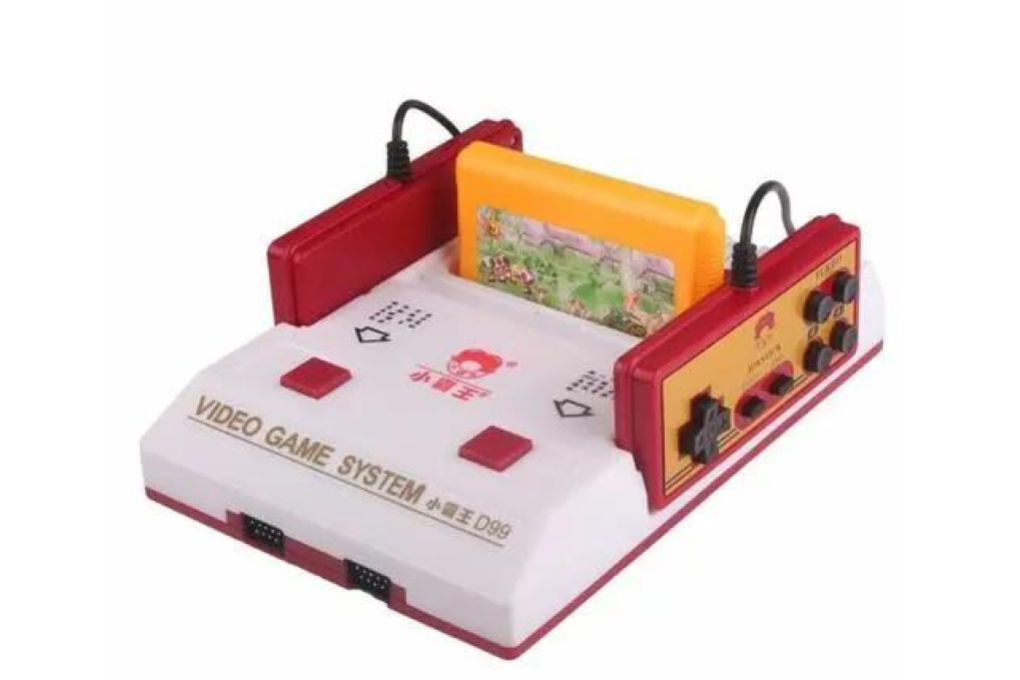Bootleg gaming console maker Subor faces bankruptcy as frontman barred from air travel
- Children living in China in the 1980s grew up playing Subor’s Nintendo knock-offs and iconic “learning machines”
- Subor has tried in recent years to reinvent itself as a creator of original consoles and a VR investor

Subor, the creator of China’s most iconic video game consoles in the 1980s, has become the subject of a bankruptcy petition, according to a court document filing made public on Thursday. It marks the latest blow to the once-popular brand that gave Chinese children an early taste of Super Mario Bros. and Teenage Mutant Ninja Turtles before most families could afford imported Nintendo machines.
Detailed information about the petition, filed to Zhongshan Intermediate People’s Court, was not released as of Monday. But Subor’s legal representative, Feng Baolun, was listed as a “discredited” individual in China’s official database. That means he is restricted from engaging in “high consumption” activities such as air travel or staying in hotels with a star rating.
Attempts by the Post to reach Subor were unsuccessful. The company’s website is inaccessible and a message sent to an email address listed on a private business database bounced back.
While the explosive growth of China’s middle class and its rising demand for entertainment have helped turn the country into the world’s largest gaming market, Subor’s attempt to ride that wave has faced significant challenges.
Subor’s heyday ran from the late 1980s to the early 90s, after it launched a console that bore remarkable similarities to Nintendo’s classic red-and-white Family Computer (Famicom), the Japanese console rebranded as the Nintendo Entertainment System (NES) overseas. In China, Nintendo’s popularity was matched by the more affordable Subor “learning machine” – a euphemism for its console-PC hybrid that was marketed as an educational device but also carried a slot for game cartridges.
